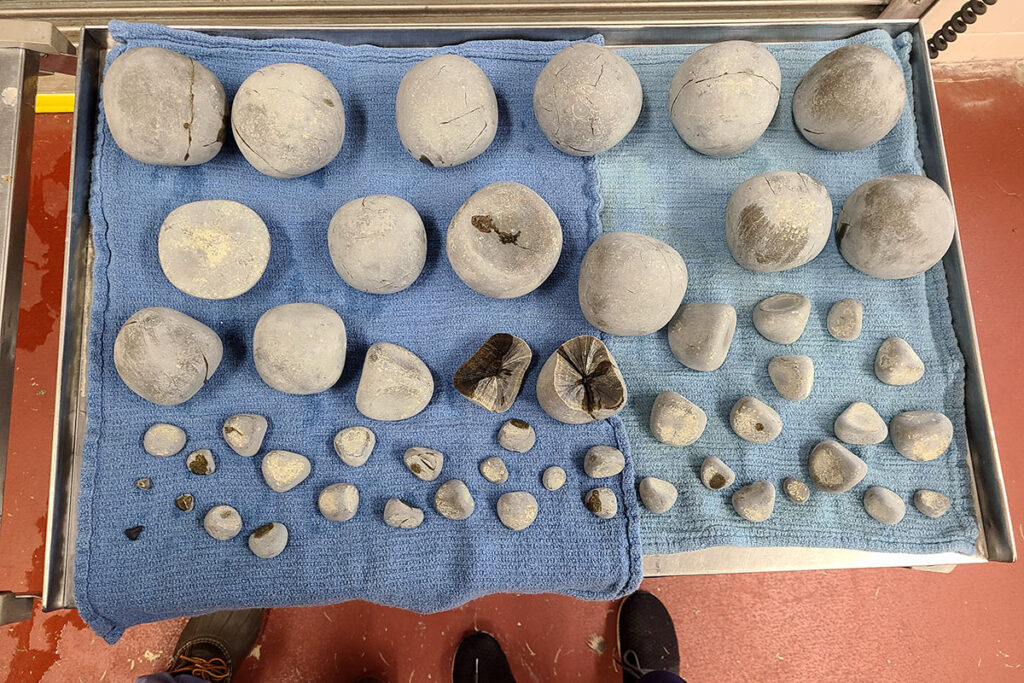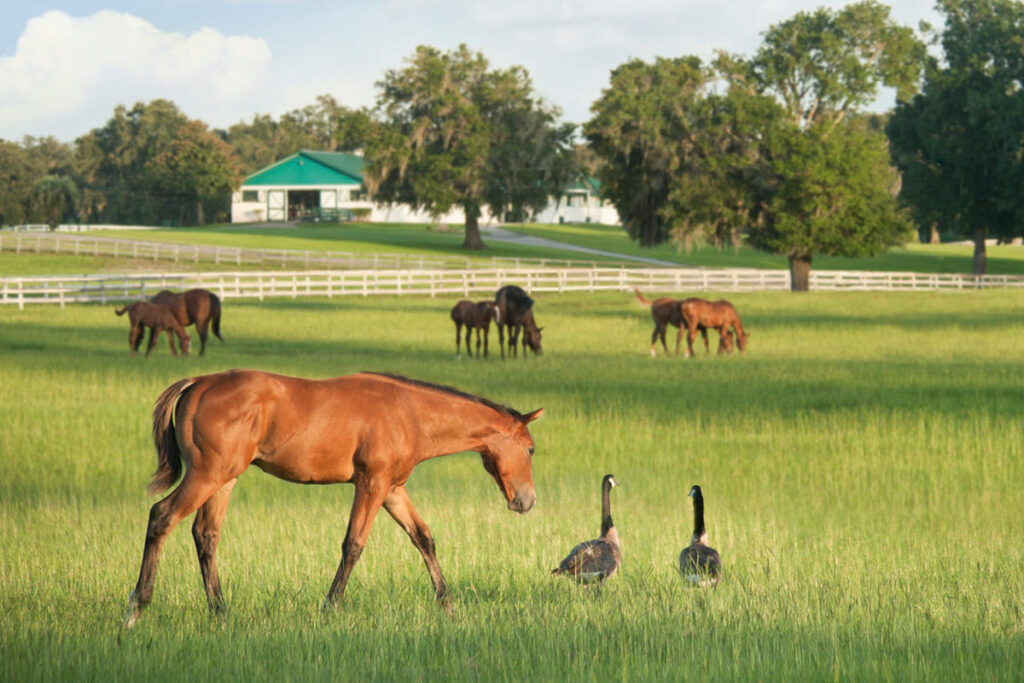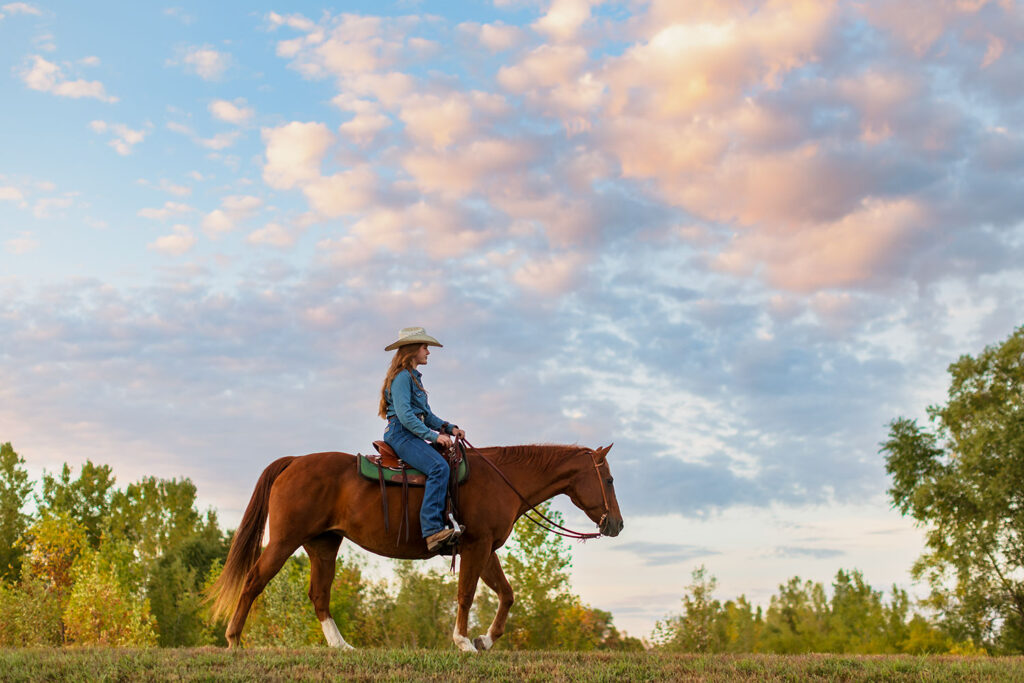
Equine Innovators: West Nile Virus in Horses—Risks, Signs, and Prevention
Horses still face the threat of West Nile virus. Dr. Sally DeNotta shares how it spreads, what signs to watch for, and why vaccination and mosquito control matter every year.
Horse-health-problem risk factors, prevention, diagnosis, and treatment

Horses still face the threat of West Nile virus. Dr. Sally DeNotta shares how it spreads, what signs to watch for, and why vaccination and mosquito control matter every year.

Researchers have identified equine infectious anemia surveillance gaps and uneven infection levels worldwide.

The diagnostic tests veterinarians use are evolving to improve how we manage infectious diseases in horses.

Learn how equine veterinary clinics institute strict biosecurity measures to contain, prevent, and control disease outbreaks.

A USDA-APHIS investigation traced a multistate EIA cluster to contaminated IV flushes at a Texas clinic. Officials continue IDing and testing potentially exposed horses.

Expanding tick ranges and emerging pathogens are increasing the risk of tick-borne diseases in horses. Learn what researchers and vets say about protecting your horse.

What are enteroliths and what happens if your horse has one (or several)?

Grass sugar content fluctuates with the time of day, season, and weather. Timing turnout for horses with EMS, IR, or a history of laminitis can help prevent problems.

Here’s what scientists know about avian influenza and how it might affect horses.

Learn the latest on equine endocrine disease—causes, diagnosis, dynamic testing, and whole-horse treatment strategies—beyond just laminitis. Sponsored by Kentucky Performance Products.

Biosecurity measures remain a critical component to combating ‘strep throat for horses.’

Greater awareness and ongoing research mean fewer foals are being born with this genetic skin condition.

West Nile virus, now endemic on most continents, causes deadly neurological disease in horses, with vaccination remaining the only effective prevention.

Experts share best practices for feeding and managing aging metabolic horses in The Horse‘s Older Horse 2025 issue.

During the 2024 AAEP Kester News Hour experts shared new research on equine genetics, atrial fibrillation detection, neck pain, and updated EHV guidelines.

As temperatures rise, tick activity increases—putting horses at risk. Learn how to identify tick-borne threats and implement effective prevention strategies.
Stay on top of the most recent Horse Health news with
"*" indicates required fields